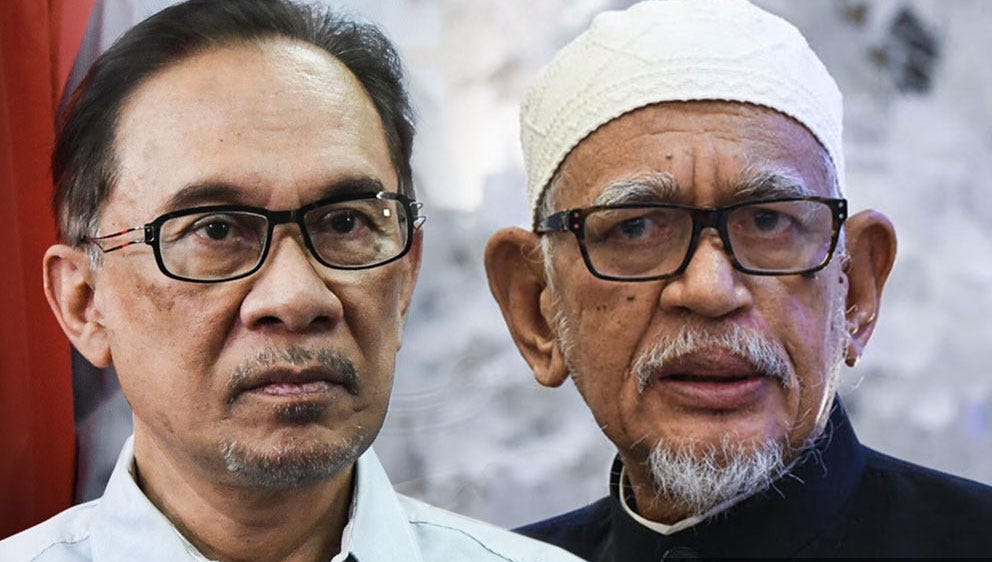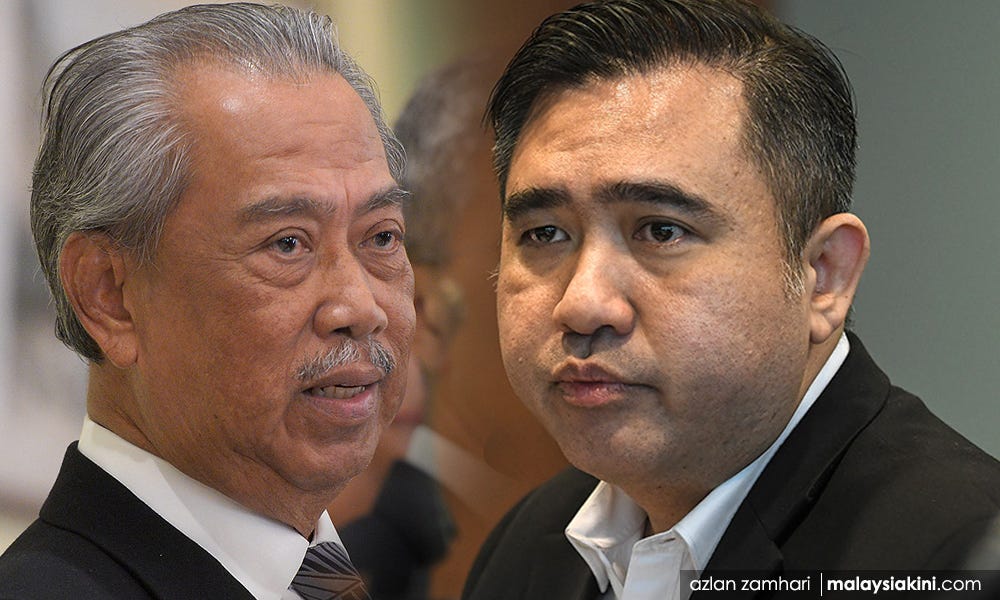Seismic shift in the Malaysian political landscape about to occur

It’s no longer ‘breaking news’ that there is some form of understanding between PAS and PKR. By default, such an understanding makes Bersatu and DAP redundant.
Murray Hunter
Some scribblings from the hospital bed under the influence……………..
With discussions over the how and whys of the Mahkota by-election still ongoing, the pundits are missing the potential new reality that is very likely to occur sometime in the near future.
The Bersatu brand is being continually damaged by both sides of the political spectrum. The Pakatan Harapan (PH)-UMNO government has used lawfare against Bersatu leaders, and PAS pulled shifty tricks on Bersatu during the Mahkota byelection.
Six Bersatu MPs have already pledged their allegiance to the PH-UMNO plus government in the Dewan Rakyat, and rumours are flying around there could be a mass exodus of Bersatu members moving to PKR.
On the DAP side, Teressa Kok is being savagely kicked around, by a senior member of one of the DAP’s coalition partners, and no one is standing up for her. Decisions have been made in the ‘so called unity government’ that should have crossed DAP’s ‘red-line’, a number of times.
There is no doubt that both Bersatu and DAP are being pushed out by their respective coalition partners. The ‘use-by-dates’ of both Bersatu and DAP have passed in their respective coalitions. Bersatu no longer provides any value to PAS, and DAP no longer provides any value to PKR.
The coming seismic shift
It’s no longer ‘breaking news’ that there is some form of understanding between PAS and PKR. By default, such an understanding makes Bersatu and DAP redundant.
Such a pact between PKR and PAS is built upon the assumption that between PAS, UMNO, and PKR, most Bersatu seats can be won back in the next general election. This would leave Bersatu as a little rump of a party, holding only a few seats in the next parliament.
The loss of the DAP will cost around 40 seats, but the 43 seats that PAS has, would lead to a small net addition to the PKR-PAS pact. UMNO will be able to ride on the back of this new alliance, which would guarantee the party’s survival at GE16. The pact may actually allow UMNO to win back some Bersatu seats.
Over the last six years, PKR has been consciously transforming itself into a Malay-centric party. Non-Malay members have been very slowly losing their influence. Most significant party posts are now held by Malays. PKR is now primarily a Malay-centric party, with some multi-culturalism at the fringes, by complacent non-Malays. Long gone are notions of secularism, ‘reformasi’, and democracy.

Can these two men leave a lasting Malay legacy?
The new look PKR is perfect with UMNO and PAS. Together they will go into the next GE with around 100 seats. If Amanah follows, this would be 108, just 4 seats short of an outright majority in parliament. If the PKR-PAS alliance takes away enough Bersatu seats, they will have a simple majority in their own right.
This leaves east Malaysia. There would be a great probability a number of parties will join up with PKR-PAS, especially if UMNO is still with them.

Will the shock of being ousted bring them together, or will they go alone?
As for Bersatu and DAP, they would be in shock and have to decide whether to go alone or form a new coalition. As a new coalition, Bersatu-DAP would go into the next general election with a theoretical 71 seats.
Such a seismic shift would create a government that Malay nationalists have dreamt of for generations. There is currently no leader within Bersatu-DAP, who has the charisma to muster the Borneo parties around them.
Anwar becomes prime minister for a second term with a legacy of creating the ‘mythical Malay unity’.
However, just like a geological seismic event, its very difficult to predict the exact time this would happen.
The views expressed here are those of the author/contributor and do not necessarily represent the views of Malaysia Today

